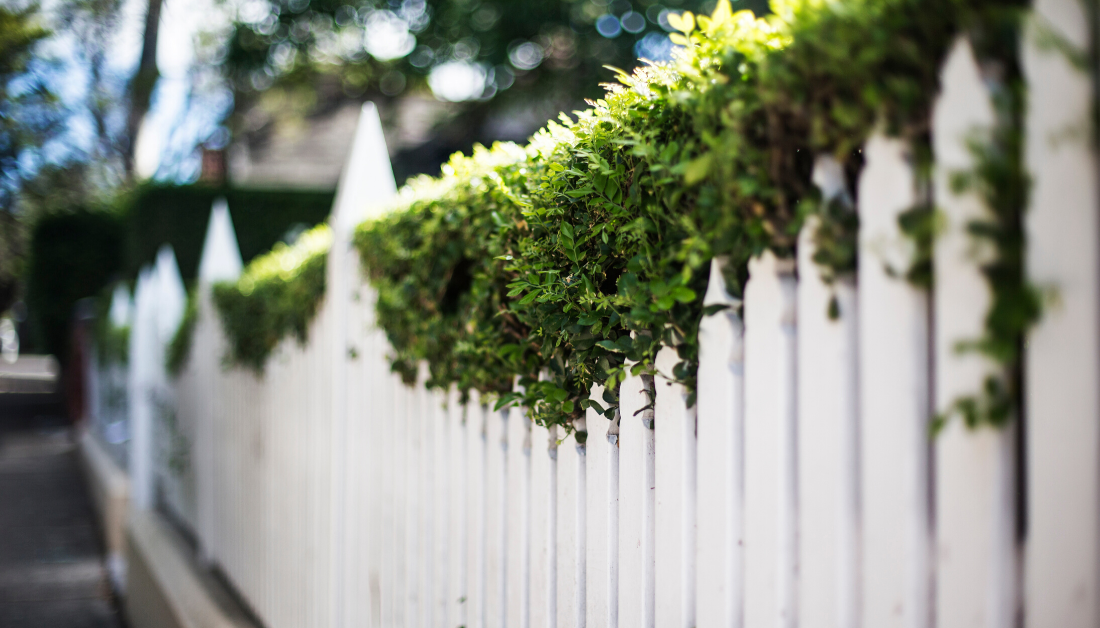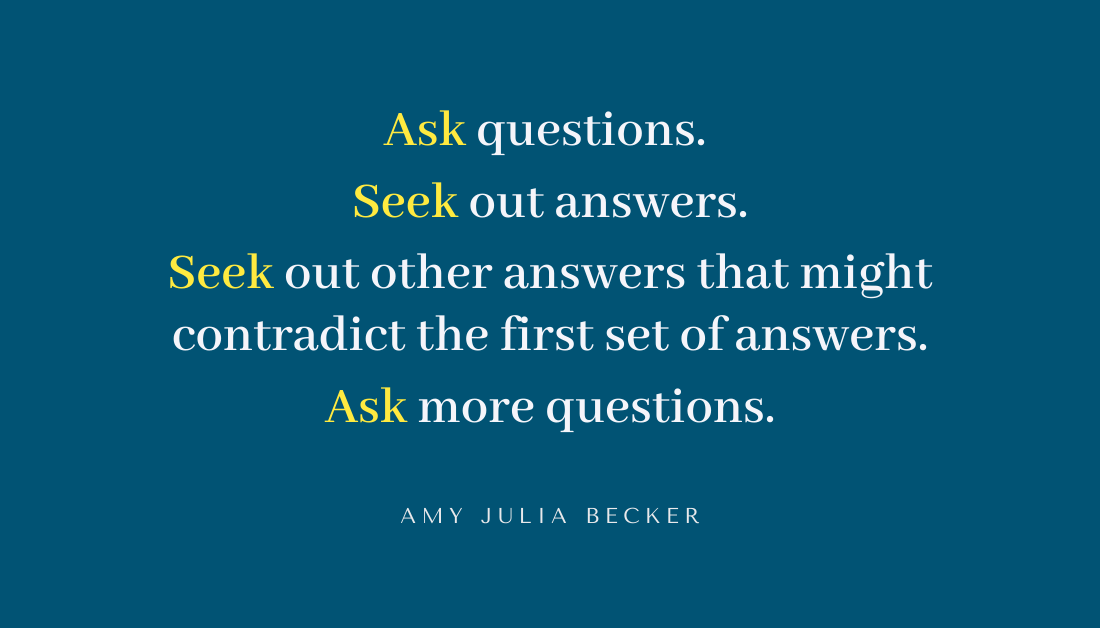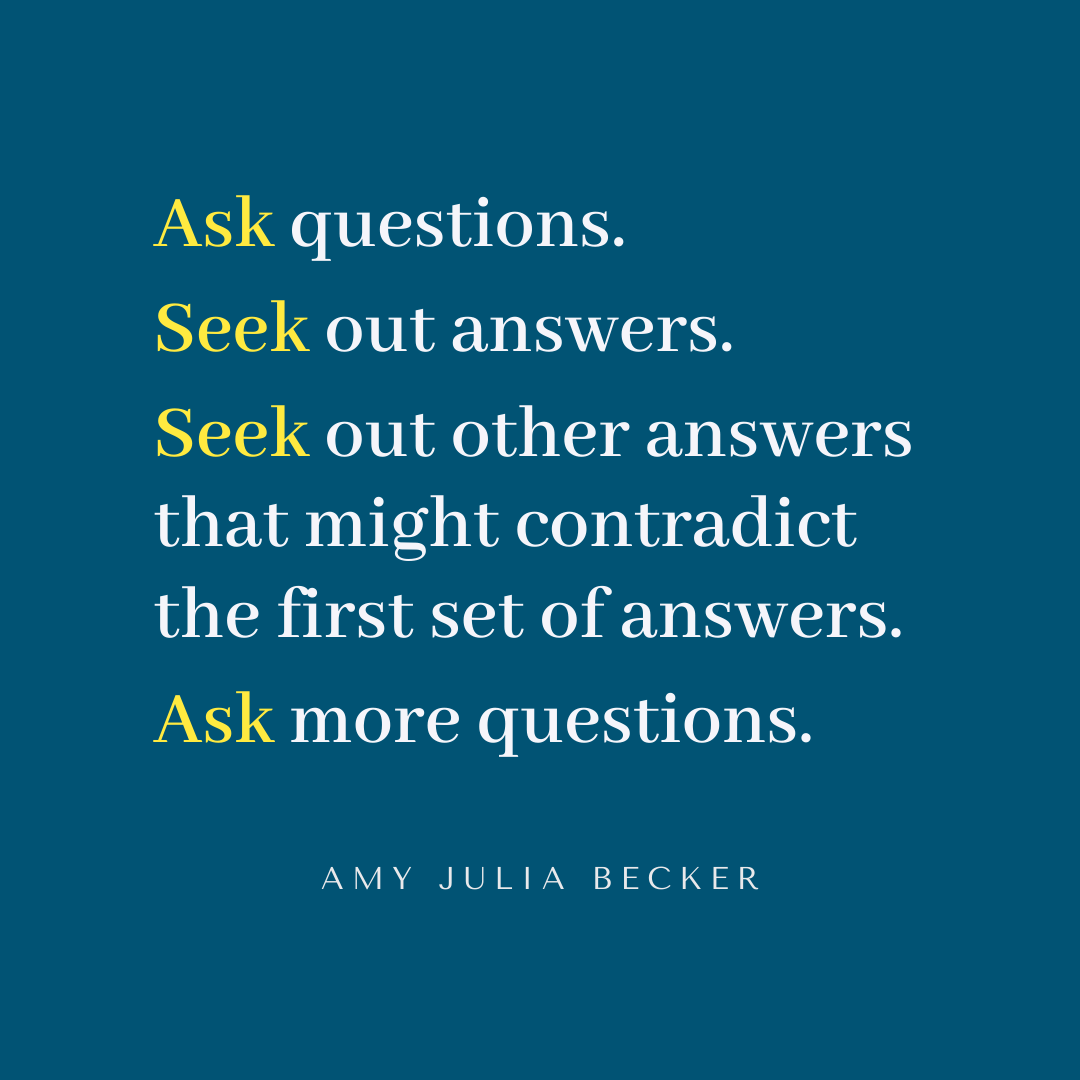
Defunding the police? Support and thank the police? Criticize the police? Commend the police?
There’s a long list of names of Black men and women who have been shot to death by police officers that recently culminated in the death of George Floyd when an officer was filmed kneeling on Floyd’s neck.
Is the Answer Defunding the Police
Those deaths spurred protests not just in Minneapolis but across the nation and around the globe, protests that continued even after the officer who killed Floyd was charged with murder.
What is really at stake here? And how should average civilians—people who are disconnected from the particular and recent tragic deaths of Ahmaud Arbery, Breonna Taylor, and George Floyd—respond?
As I’ve wrestled to answer these questions myself, and as I’ve fielded similar questions from friends, I’ve gone back to the idea of using my head, my heart, and my hands. (And whether the issue is defunding the police, gun control, the prison system, the legal system, the education system, housing, jobs, or any number of other social issues, we are invited to use our heads, hearts, and hands to craft a response.)
Using My Head
One friend sent me an article in the Wall Street Journal by Heather McDonald, The Myth of Systemic Police Racism. Much of what McDonald claims in that article seems to contradict the narrative of the protest movements and many other media reports I’ve read. I didn’t want to dismiss her claims outright, but I did want to get another point of view.
Other Points of View about Police Racism
So I tried to find a contrasting position, and I wondered about what other questions might be helpful to answer as I tried to understand the situation. I found, for example, an article in the Economist about racial bias in pulling people over for traffic violations. This study found that far more black drivers were pulled over during the day (when it is easier to detect skin color visually) than at night. I also found a very lengthy refutation of McDonald’s work by Washington Post reporter Radley Balko.
I also saw a series of articles that warned about the “Ferguson effect” as a result of these protests. These articles claim that police departments get worried after high-profile cases like Michael Brown’s death and the subsequent protests in Ferguson, MO. They back off on their policing, and crime goes up. I also read a series of articles that “debunked” the idea of a Ferguson effect, as well as this piece about Camden, NJ, where police reform led to a dramatic reduction in violent crimes.
Encounters with Police
These articles prompted more questions: if black and brown men are more likely to have multiple encounters with police officers over the course of their lifetime, how does that change the nature of their relationship with one another? Does it increase the likelihood that they will be “caught” committing a traffic violation or a crime? Is police violence systemic? Is it more likely to happen in some communities than others? Are there communities, like Camden, that have been able to change police tactics and reduce crime as well? Is defunding the police an option to consider?
In summary, to “use my head,” I needed to ask questions, seek out answers, seek out other answers that might contradict the first set of answers, and ask more questions. I’ll add that I talked with my husband and with friends along the way as I tried to make sense of it all.

Using My Heart
But articles and statistics and data points are not all I need in order to understand our context or how/whether I can or should respond to social issues, such as defunding the police. I also need to use my heart. What I mean by this is that I need to tap into both the spiritual resources available to me and the stories of real people around this issue. I want the stories I hear to be informed by statistics, but I also want statistics to be informed by stories.
So I have been, once again, praying for a better understanding of justice and injustice in our nation. (I particularly appreciated this meditative prayer podcast through Isaiah 58.) I also have been thinking back to my various friends of color who have told me about very different encounters with police officers than any I have ever experienced as a white person. I listened to this interview between Ta Nehisi Coates and Ezra Klein in which they talked about imagining a police force that was trained in non-violence, and I remembered back to Coates’ own stories from Between the World and Me about his and his friends’ encounters with police officers as children.
Using My Hands
I still have more questions to answer. But between the stories, the prayers, and the articles, I can say I support police reform. I support training police officers in ways that protect their lives and the lives of those in the communities they serve. I’ve been introduced to the idea of “defunding the police,” and now that I understand what that phrase means, I want to learn more. I want to understand how funds could move away from police departments and towards other types of social services. I want to see underfunded and overpoliced neighborhoods begin to feel protected by police officers and supported by school systems and systems of community care.
Next Steps
What are the next steps for me? I think my active role in all of this will come, in a general sense, in the form of writing and speaking. In my local community, I’ve been prompted to become more involved in advocating for equity in education.
I write all of this not to tell you what conclusions you should draw about police activity. And I write it not to tell you what actions you should take. But rather to encourage a holistic response to the social problems we are encountering. One that seeks out contrasting viewpoints. One that seeks out stories and statistics. One that responds rather than reacting. One that connects with others. And one that does eventually lead to small steps towards change.
To read further with Amy Julia:
- Some Stories of Hope in a Week of Hardship
- A Week of Protests: Learn, Listen, Lament, and Love
- Announcing Head, Heart, Hands
If you haven’t already, please subscribe to receive regular updates and news. You can also follow me on Facebook, Instagram, and Twitter, and you can subscribe to my Love is Stronger Than Fear podcast and my Reading Small Talk podcast on your favorite podcast platforms.




